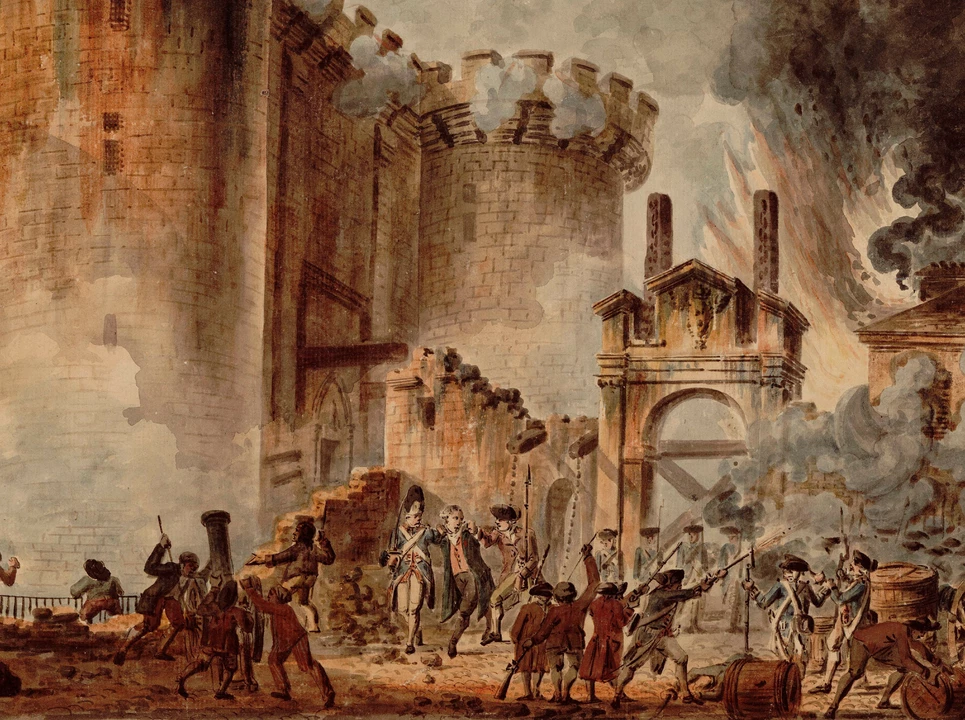Historical Significance – Why the Past Still Matters
When we talk about historical significance, the weight a past event carries for the present and future, we’re really asking why some moments stay in the collective memory while others fade. It isn’t just about age; it’s about impact, lessons, and how a story reshapes culture, law, sport or business. Think of a courtroom drama that still sparks debate, a classic game that redefines a genre, or a funding deal that alters an industry’s landscape. Those threads weave a tapestry where each thread pulls the next, creating a pattern that guides our decisions today.
Key Angles of Historical Significance
One clear angle is historical crime, a past legal case whose repercussions echo through modern justice. The Barry George case, for example, resurfaces old questions about evidence handling and media influence, reminding us that legal reforms often spring from yesterday’s headlines. Another angle is sports history, the record of athletic achievements that shape how games are played and celebrated. From Michael Jordan’s enduring legacy to Novak Djokovic’s early reputation, each story adds a layer to the cultural fabric of tennis and basketball, influencing training methods, fan expectations, and even sponsorship trends.
Tech‑savvy readers will spot the video game releases, major launch events that mark turning points in gaming history. Capcom’s planned Resident Evil Requiem drop illustrates how a single title can set standards for narrative depth and cross‑platform coordination, proving that a game’s debut can ripple through entertainment markets for years. Lastly, corporate financing, large investment moves that reshape industry dynamics—like Parkdean Resorts securing £250 million—shows how financial infusions can revitalize sectors, create jobs, and spark regional tourism booms.
These four entities don’t exist in isolation. The historical crime backdrop often informs media coverage of sports figures, while a blockbuster game launch can inspire merchandise deals funded by fresh capital. In other words, historical significance encompasses legal precedents, athletic milestones, entertainment breakthroughs, and financial transformations all at once. Understanding these links helps you see why a 14‑year‑old’s case from decades ago still fuels courtroom discussions, or why a new game announced for Nintendo Switch 2 matters beyond just console specs—it's a cultural marker.
Below you’ll find a curated set of posts that each zeroes in on one of these angles. Some dive deep into the legal nuances of a historic crime, others break down how early tennis reputations set the stage for today’s power play. There’s a look at the business side of holiday parks, a snapshot of AAU basketball’s role in shaping future pros, and even a practical guide on grading sports cards on a budget. Whether you’re a fan of courtroom drama, a budding athlete, a gamer, or an investor, the collection gives you concrete examples of how history still drives current conversation.
What you’ll discover next is a blend of real‑world cases, expert analysis, and practical tips—all tied together by the thread of historical significance. You’ll see how past events still influence policy, performance, and profit, and you’ll walk away with a clearer picture of why remembering the past isn’t just nostalgia—it’s a roadmap. Let’s jump into the stories that prove the past is still very much alive in today’s news feed.
What happened in 1789?
In 1789, a lot happened that changed the course of history. Most notably, the French Revolution began, marking a turning point for democracy and social equality in Europe. Back in the US, George Washington was inaugurated as the first President, setting the stage for the development of the United States as a nation. Additionally, the Mutiny on the Bounty occurred, where British sailors seized control of their ship from their captain. Overall, 1789 was a year filled with significant events that have shaped our world today.
